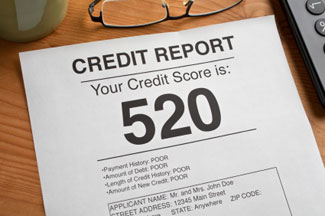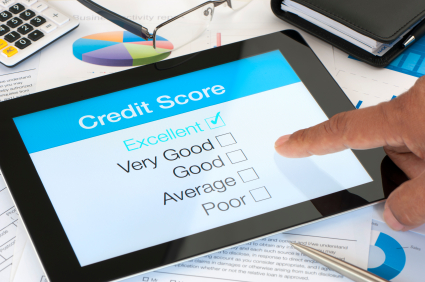How Can I Repair My Credit?
By Sari R. Updated on 7/20/2017 Your credit is one of the most important financial tools that you possess. It helps determine if you can finance that car you want, obtain the mortgage loan for the home you want to live in, or open credit accounts with stores. Building and developing credit can be a precious thing. However, credit, when mismanaged, can be disastrous.
Your credit is one of the most important financial tools that you possess. It helps determine if you can finance that car you want, obtain the mortgage loan for the home you want to live in, or open credit accounts with stores. Building and developing credit can be a precious thing. However, credit, when mismanaged, can be disastrous.
Many times it is not the borrower's fault. Medical bills can add up, jobs lost, and other unforeseen circumstances can emerge. It can happen to the best of us.
You may wonder what to do once your credit has been damaged. Or, if you have fair credit, you may wonder how to improve it further. There are many things you can do to assist in your credit repair. Some agencies specialize in credit repair, but you do need to watch that you are dealing with a reputable organization. There are many steps you can take to improve and restore credit
1. Dispute credit report inaccuracies.
The first thing to do is to get a copy of your credit report. You can obtain one free report each year. Review the report with a detailed eye, looking for any discrepancies or errors. Report these errors to one of the credit bureaus and creditors right away. The Fair Credit Reporting Act allows you to dispute these items on your credit report. Creditors must then verify the information.
2. Examine your spending.
Once you have cleared up inaccuracies, it is time to look at your financial habits. It's a good idea to look at your income and expenses and make a budget. Cut corners now so that you can pay off more of your debts. Paying the minimum monthly due on your debts won't help you to pay them off faster, but it will keep creditors content and show a consistent payment record on your part. Paying on your debts will contribute to improving your credit score. Making regular monthly payments and paying down the actual debt amount are viewed favorably. You might want to start paying off the debt with the highest interest rate first. Or, pay off the smallest accounts and work your way up through your list. No matter which system you prefer to, this will benefit your credit report tremendously.
3. Prepare for the future.
Be mindful of how many new credit accounts you open. One thing that will be unfavorable and drop your credit score is if you have too many credit accounts open and they all have balances. You have heard the saying that having too much of a good thing is a bad thing, right? Well in the case of credit, this is true, especially when it comes to your credit report. Don't open new credit if you can avoid it until after you have paid off most of your larger balances. Be particular about which accounts you open. These practices will also improve your overall credit profile.
Looking for faster ways to improve your credit? Look at some of our quickest tips here.

Didn't find the answer you wanted? Ask one of your own.
Related Articles
Ask our community a question.
Searching Today's Rates...

Featured Lenders
Kat Whitman
Whitman Met, Inc.
Sacramento, CA
Lisa Stepp
RBS Citizens
Clifton Park, NY
Cameron Burke
Vision One Mortgage
Huntington Beach, CA




